Every athlete wants to get better in their sport. Whether it’s speed, strength, coordination, teamwork, or anything else that goes into sport. However, how many athletes will do what is necessary to succeed? There is one crucial aspect to getting better: accepting constructive criticism. We love to have people praise us, but what do we do when someone points out a fault in our performance? This post is to help athletes and coaches not only to give but also to receive constructive criticism.
What is Constructive Criticism?
Constructive criticism is the art of giving feedback after a performance. It is not intended to be a personal attack. What helped me when I ran in high school and college was that my coaches would tell me about areas I could improve on, as well as areas where I excelled. It helped me develop a mindset of being happy with my performance, while also thinking about how I could improve next time. The key is to have balance. Too much criticism can lead to self-doubt, and not enough criticism can lead to arrogance. Neither of these mindsets leads to growth.
What Can You Do About It?
So you might be thinking, “Okay, how do I take honest feedback without getting upset?” First, listen to what is being said. Take some time and think about how accurate the criticism is. Next, find a way to accept the criticism. Notice I said “accept” and not “approve.” You don’t need to say it out loud, but the feedback could still be valid. Opinions can be both positive and negative. You may not like what a coach or another teammate might have said, but try to find a way to accept that they are entitled to their opinion just as you are entitled to your opinion of yourself. Because I ran the steeplechase in college, I had coaches who critiqued my form when I jumped over the barriers. I would take their critiques and then apply them for next time. There will always be a next time. Asking questions can also help with criticism. Asking for clarification, providing a few more details, or even checking if everything is okay can be helpful. Doing these three things can lead to respect. Is that not what we all want from coaches and teammates?
Why Is It So Important?
Respected athletes are the ones who will get the most out of their training. It shows that athletes and coaches can trust each other. It can also show humility by saying, “I may be good, but I am not perfect. I know that there are areas where I could get better.” Not having a knee-jerk reaction shows you have emotional control and you don’t have an ego. We can’t be good at everything. But, we can focus on how we view criticism and what we can do about it. It might hurt, but a bit of discomfort is what leads to growth.
Takeaways
- Constructive criticism is intended to make people better. There will be times when criticism can be tough, but it is all in the name of improvement.
- There are multiple ways of handling constructive criticism. Dealing with feedback positively can lead to respect from peers.
- Constructive criticism may not be comfortable, but it is what leads to growth.
Until next time.






